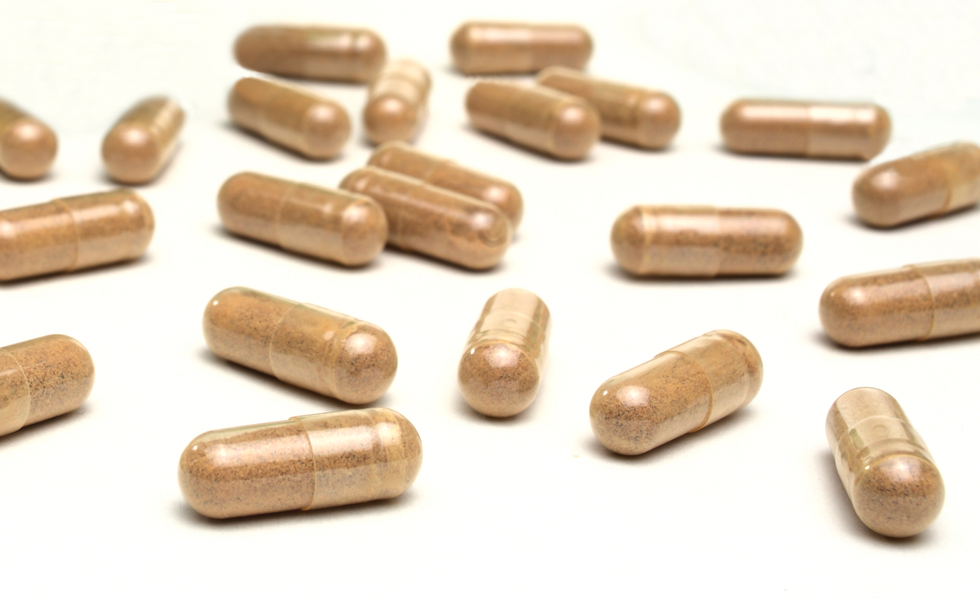



Forever chemicals have emerged as one of the latest threats to humans, with researchers slowly getting to grips with the full extent of risks they pose to our health.
But a recent breakthrough by scientists at Boston University has revealed that taking beta-glucan fibre supplements three times daily can reduce levels of cancer-causing 'forever chemicals' in the blood by eight per cent.
The research, published in Environmental Health in March, examined the effects of the fibre supplement over a four-week period on men with detectable levels of PFAS in their bloodstream.
PFAS, or per- and polyfluoroalkyl substances, are toxic chemicals that do not naturally break down in the environment. They leech from plastic containers and nonstick cookware into food and accumulate in vital organs, increasing the risk of organ failure, infertility and some forms of cancer.

The supplement removes cancer-causing 'forever chemicals' in the blood by eight per cent
GETTYThe study represents one of the first scientifically proven methods to remove these toxins from the body.
It examined 72 adult men aged 18 to 65 with detectable PFAS levels in their blood.
Forty-two participants consumed a one-gram supplement of oat beta-glucan three times daily, approximately 10 minutes before each meal, whilst the remaining 30 received a rice-based control supplement. Beta-glucan fibre is naturally found in oats, mushrooms and seeds.
After the four-week experiment, researchers collected blood samples before and tested for 17 different forms of PFAS.
The fibre supplement group showed an eight per cent decrease in perfluorooctanoic acid (PFOA) and perfluorooctanesulfonic acid (PFOS), considered two of the most dangerous PFAS forms.
PFOA is classified as a Group 1 carcinogen by the International Agency for Research on Cancer, whilst PFOS is a Group 2 carcinogen.
The researchers believe dietary fibre forms a gel that prevents cells lining the gut from absorbing PFAS.
This mechanism stops bile acids, which help break down fats, from being reabsorbed into the bloodstream, causing excess bile to be excreted through faeces instead.

The researchers cautioned that not all fibre removes PFAS
GETTY
PFAS are thought to latch onto bile and travel through the gut, so fibre may help flush forever chemicals out of the body before they can cause lasting damage.
The researchers cautioned that not all fibre removes PFAS, and more research is needed to determine if other types have similar effects.
The study had several limitations, particularly that PFAS can remain in the body for two to seven years, making the four-week experiment insufficient to properly assess the relationship.
Additionally, 90 per cent of Americans don't consume the recommended 22 to 34 grams of fibre daily.
